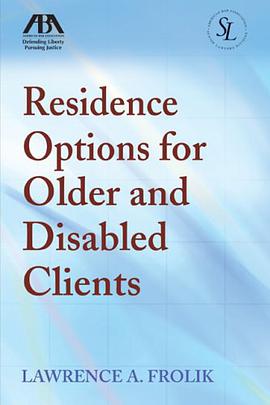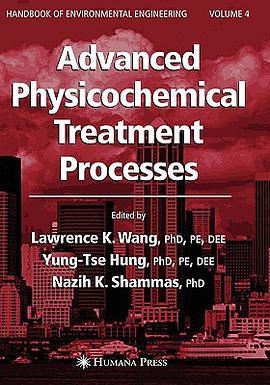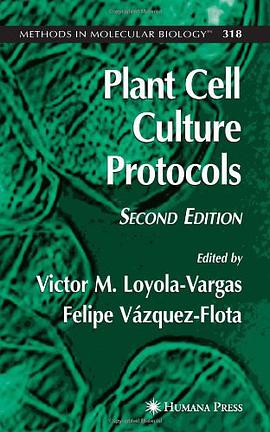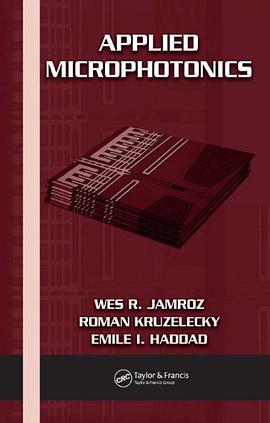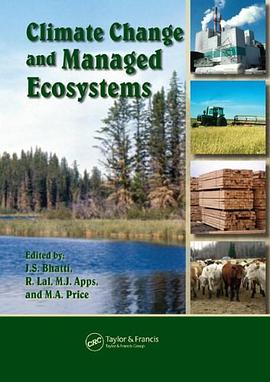

具体描述
Our Landless Patria examines issues of race and citizenship in Puerto Rico, tracing how the process of land privatization accelerated a series of struggles for natural resources between the poorest sectors of society and the landed elite. The laws of privatization favored the landed elite and barred former slaves and their descendants from obtaining a formal title to a piece of land. In response, people of color developed an alternative citizenship that validated their livelihood, putting in motion a series of civil claims that protected people's mobility rights and their access to land. However, the rural poor's claims for a more egalitarian society, or what Rosa E. Carrasquillo calls "marginal citizenship," could not successfully transform the political exclusion of the racially mixed population because of its heavy borrowing from the Spanish legal system. In particular, marginal citizenship adopted patriarchy as a model to regulate social relations at home, failing to address gender inequalities and perpetuating class differences. Our Landless Patria deciphers the late nineteenth-century structure of power in the Spanish colonial state at the local level and illuminates the way ordinary people experienced day-to-day relations of power. Carrasquillo's analysis makes a strong case that the poorest sector of rural society provided the fertile ground in which a civic consciousness developed. Rosa E. Carrasquillo is an assistant professor of Latin American and Caribbean history at Assumption College in Worcester, Massachusetts.
作者简介
目录信息
读后感
评分
评分
评分
评分
用户评价
相关图书
本站所有内容均为互联网搜索引擎提供的公开搜索信息,本站不存储任何数据与内容,任何内容与数据均与本站无关,如有需要请联系相关搜索引擎包括但不限于百度,google,bing,sogou 等
© 2026 book.wenda123.org All Rights Reserved. 图书目录大全 版权所有


